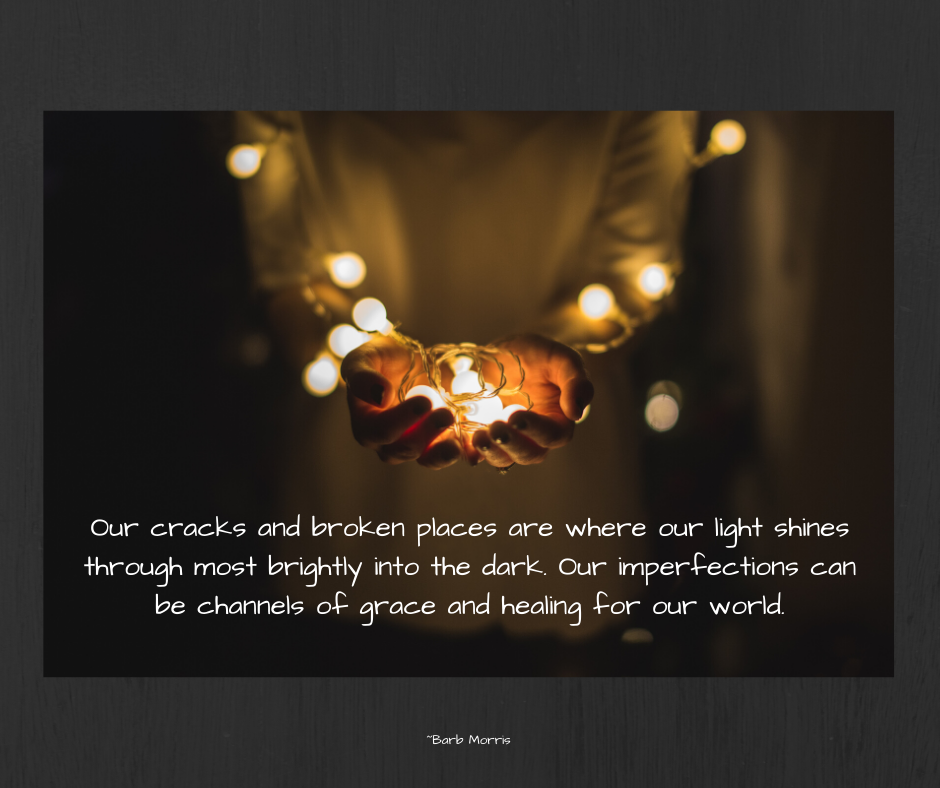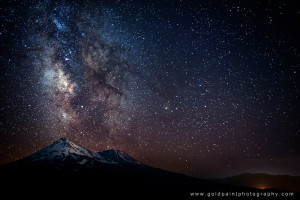
Last week I wrote an intensely personal note to you which included two pieces of information I rarely share: my dad’s skiing death and my stepfather’s abuse. I put them out there for all the world to see. Why?
Mostly, it’s because I’m tired of keeping these secrets. I’m seeing more and more clearly that I’ve been making both events mean that I’m bad, broken, and unlovable. If you know them about me, you won’t like me. Or you’ll feel sorry for me. I don’t want to believe that anymore. That belief has caused me to lead a diminished life, and I’m tired of it.
Here’s what’s truly true: bad things happen to everyone. As do good things. It’s all part of the human experience. What hurts us is the story we tell ourselves about the bad things. And the good things, too. What hurts us is our thoughts about ourselves, others, and the nature of the universe. What hurts us is thinking we deserve these events, bad or good.
The brilliant Kara Loewentheil’s Unf*ck Your Brain podcast on December 17th was about vulnerability. Kara dropped this bombshell that exploded in my brain: “The only person we’re vulnerable to as adults is ourselves.” Kara elaborated that when we’re afraid of someone else’s negative judgment when we tell them something personal, it’s because we secretly believe they’re right. If we’re okay with the information, we’re okay with their reaction, positive or negative. So I dug into why I resist telling people about my dad’s deadly accident and my stepfather’s sexual abuse. I thought it was because hearing about these events makes others uncomfortable, so I was just being considerate. And they do make others uncomfortable, but that’s only part of the story. Mostly they make me uncomfortable.
It turns out I’ve spent fifty years believing bad things happen to bad people, and I thought I needed to keep my badness a secret. But of course the truth is I didn’t cause either event. My dad hit a tree so hard he died. My mom’s need to have this man take care of her was stronger than her desire to protect me. That’s all. I didn’t cause my parents’ divorce, my family’s disintegration, or my dad’s alcoholism and three remarriages, either. I was a just child trying to make sense of bad situations created by the adults in my life who were dealing with their own shit as well as they could. Sometimes they dealt very badly. And gravity happens, even to the best of skiers.
I’m learning to think of the decade that undid me as a testament to my strength and resilience, and the mysterious power of grace. As I’ve come to see myself differently – as a tender, strong woman who deserves joy – I’ve also come to see my parents differently. This is forgiveness. As I open myself to deeper and deeper healing, I’m letting my parents off the hook. I’m forgiving my dad for dying young and my mom for inviting someone into our lives who hurt me. I’m pretty sure, as I continue to heal, I’ll find that I’ve forgiven my stepfather, too.
Those events broke me, and it’s okay. I’m okay. I think Leonard Cohen was right: the broken places are where the light gets in.
“Ring the bells that still can ring
Forget your perfect offering
There is a crack, a crack in everything
That’s how the light gets in.”
And light doesn’t only come into us. Light goes out, too. Our cracks and broken places are where our light shines through most brightly in the dark. Our imperfections can be channels of grace and healing for our world. We can flow with this light.
Sharing my broken places with you, dear reader, has been healing for me. Thank you for allowing space for them.
An invitation: If the time is right, gently and with immense kindness, ask yourself what about yourself you keep sequestered from other people. What secrets do you carry? Why are you choosing to carry them? What are these secrets costing you in energy and intimacy?
Answering these questions will help you discover if you, like me, believe untruths that are causing you to suffer. Contact me here if you’d like to investigate together.

